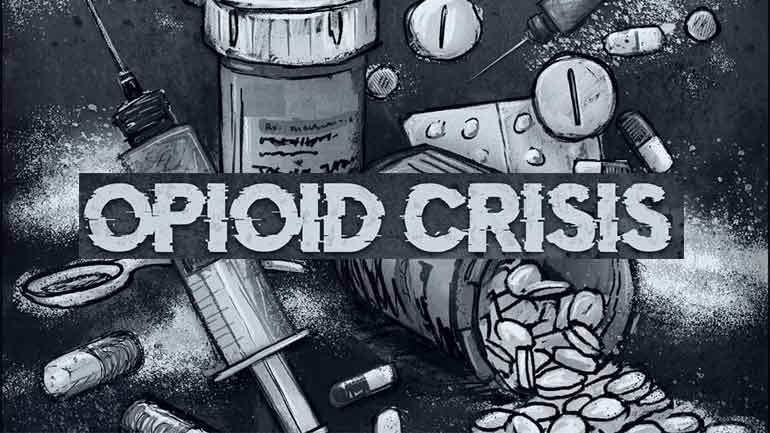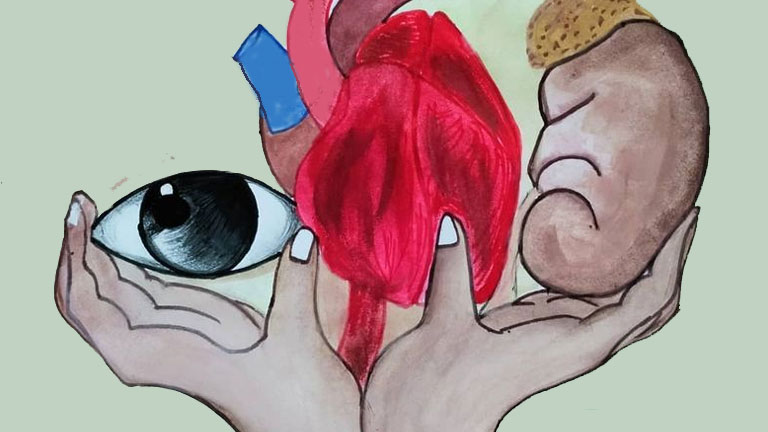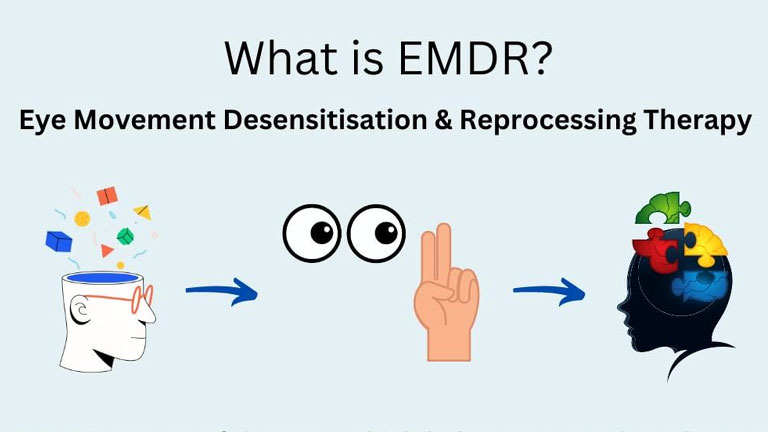
With Coronavirus taking the no. 1 spot on many news and media channels today, there are a lot of major problems across the nation that aren’t getting the airtime they need. The Opioid Crisis is still one of the most significant health crises in recent years – and one of the deadliest – with 130 people dying every day from opioid overdoses in 2018. COVID-19 and social distancing have worsened this problem, experts expecting overdose numbers to increase in 2020.
How Problematic is the Opioid Epidemic?
Before COVID hit, opioids, or pain killers, were flooding the market and everyone from regular drug users to teenage athletes were taking them – leading to an all-out epidemic. The Opioid Crisis was marked by three separate waves.
- The Rise of Prescription Opioids – The opioid crisis first gained traction in the 1990s and was characterized by a rise in prescriptions for opioids. This was a result of deceptive marketing tactics by some pharmaceutical companies and led to opioid addiction even when taken exactly as the doctor prescribed.
- The Resurgence of Heroin – After using the drugs prescribed by their doctors, scripts ran out of refills but their brains had not run out of the chemical need to continue taking them. Unable to get more legally nor afford the high cost of obtaining opioids illegally, people turned to heroin – a cheap, illegal opioid that provided similar euphoric effects as its pill-shaped counterpart.
- Fentanyl and Synthetic Opioids – The third wave of the opioid crisis is characterized by the emergence of fentanyl and other synthetic opioids. These substances are significantly more addictive, can be lethal in even small doses, and began winding up mixed in heroin and other drugs as ways to save dealers money.
As mentioned earlier, the Opioid Epidemic has caused a massive increase in the number of deaths over the past two decades. In fact, nearly 70% of the opioid overdoses in 2018 involved an opioid – this represents over 47,000 deaths.
Unfortunately, with how the United States has been dealing with COVID-19, it may have only made the problem worse.
Coronavirus and the Opioid Epidemic
As the Coronavirus became more and more prevalent in the country this year, it led to various changes in the way we interact and live our day-to-day lives. With COVID-19 being such a contagious virus, people are taking specific measures to distance themselves from others. This leads to increased isolation.
Many believe these changes brought on by the virus have led to an increase in opioid-related problems. A recent interview provided some insight into the problems the Coronavirus and quarantining is causing for the opioid epidemic.
Megan Moncur, FDA’s Associate Director of Opioid Policy said at least 30 states have reported increases in opioid fatalities since the start of the pandemic.
“So, as we know, people are dealing with anxiety, grief, isolation, changes, you know, at home, school, work. They may have financial worries and there’s just an ongoing sense of uncertainty. And as we know, you know, unhealthy responses to these stressors can lead people to turn to substance use,” Moncur said.
While we won’t know the full impact the coronavirus had on the Opioid Epidemic, and drug overdoses in general, until months from now, the outlook doesn’t look good.
While Coronavirus is a serious issue that has led to thousands of American deaths, it is important to not forget other issues that are still plaguing people’s lives.
Opioid addiction is a serious problem and if not handled properly at a professional level, it can lead to dangerous consequences and deaths in some cases.
If you or someone you know is struggling with some form of addiction or alcoholism, the best thing you can do is find a drug or alcohol treatment facility to help you. There are thousands of treatment centers across the nation, so it is important to do your research.
When looking, you want to ensure the facility offers a variety of addiction treatment and therapy and they can help with mental health problems as well. Problems like depression and anxiety, two issues that have increased since the COVID pandemic, are often co-occurring disorders, sometimes referred to as a dual diagnosis, which can cause and contribute to substance abuse issues.
You want to find a treatment center that will be able to offer dual diagnosis treatment, as well as various other forms of evidence-based care such as medication-assisted treatment (MAT).
Substance abuse is a serious and dangerous problem, it is vital to seek help immediately for the issue to give you or your loved one the best shot at long-term recovery.




